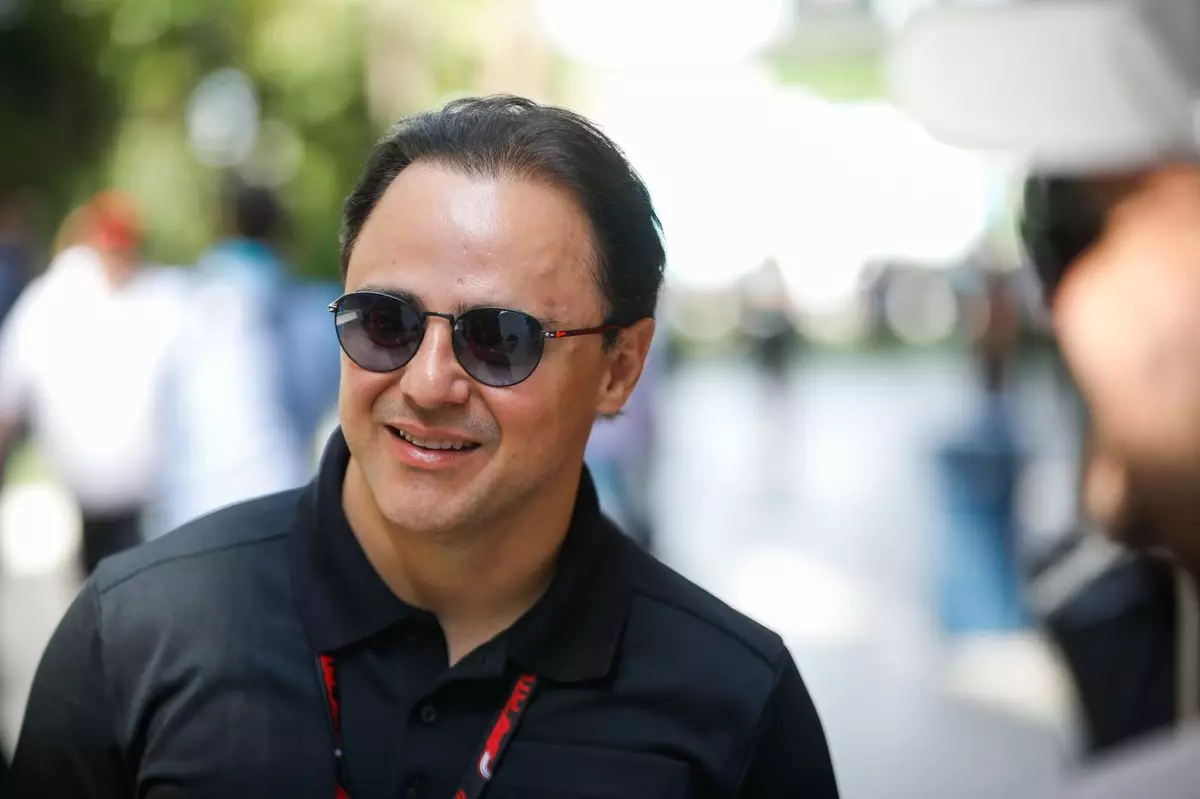Felipe Massa, the former Ferrari star, is embroiled in a complex legal battle against renowned bodies of motorsport, including Formula 1 (F1), the Fédération Internationale de l’Automobile (FIA), and former F1 CEO Bernie Ecclestone. The crux of his claim hinges on the controversial events during the 2008 Singapore Grand Prix, an incident that not only altered the course of a race but potentially the trajectory of his career. Massa’s pursuit of damages, a dramatic saga that holds significant implications for the sport, raises questions about accountability, ethics, and the integrity of championship outcomes.
The Singapore Grand Prix in 2008 is firmly etched into the annals of F1 history. This race is infamous not merely for its spectacle but for the ethical controversy surrounding it, known as “Crashgate.” Nelson Piquet Jr., a driver for Renault, deliberately crashed his car, bringing out a safety car that gifted the victory to his teammate Fernando Alonso. The fallout from this orchestrated incident reverberated through the championship, with Massa narrowly missing the title by a solitary point after finishing a disappointing 13th. The manipulation of race events has raised fundamental questions about the sanctity of F1 racing and fuels Massa’s claims against the involved parties.
Massa’s assertion is that his championship title was stolen due to a carefully woven scheme, one that not only undermined his achievements but also the integrity of the championship. The implications extend beyond individual gain—if successful, his case could set a precedent for how motorsport governance is handled in terms of ethics and accountability, impacting future conduct within the sport.
As the stakes escalate, Massa’s legal journey is fraught with hurdles. His case, brought under a breach of contract claim, is slated for the King’s Bench Division of the High Court. However, indications suggest that a strike-out application may be on the horizon, which could potentially dismiss his claims before they are duly addressed in court. The defendants—F1, the FIA, and Ecclestone—are poised to argue that Massa’s claims lack sufficient merit, hinting that the events of 2008 should not retroactively alter the reality of the race, despite its controversies.
Moreover, Ecclestone’s recent acknowledgment that there were failings in the oversight of that race might bolster Massa’s argument. Yet, the challenge remains: establishing a direct link between the manipulated race events and tangible damages that Massa suffered adds complexity. The legal precedent in such sports disputes often leans toward protecting the established norms unless gross negligence is proven.
The implications of this case are significant not just for Massa but also for the integrity of the sport itself. As F1 enters an era focused on transparency and accountability, Massa’s legal challenge could spark wider scrutiny over how race integrity is maintained across the board. The admissions made by Ecclestone—that actions were not taken to protect the sport’s image—can potentially invite further investigations into past decisions made by those in power.
As public interest mounts, this legal battle serves as a touchpoint for fans and aspiring drivers alike, raising concerns about fairness in competition and how past incidents can cast long shadows over current practices. The outcome could redefine how the sport is perceived and managed—a crossroads that may influence future governance structures within F1.
Massa’s endeavor is not only a quest for personal redemption; it stands as a call to re-examine the values that define sport, namely fairness and integrity. His assertion that he seeks justice for the wrongs inflicted upon him highlights a moral imperative within competitive racing. The fact that he has taken this step reflects a broader narrative in sports, where athletes are increasingly holding those in power accountable.
As the court date approaches, the motorsport community awaits not only the outcome of the trial but also the potential broader ramifications. Massa’s story could very well script a new chapter in Formula 1 history, one that prioritizes accountability over image, ensuring that the principles of fair play are upheld for generations of motorsport fans and participants to come.


Leave a Reply